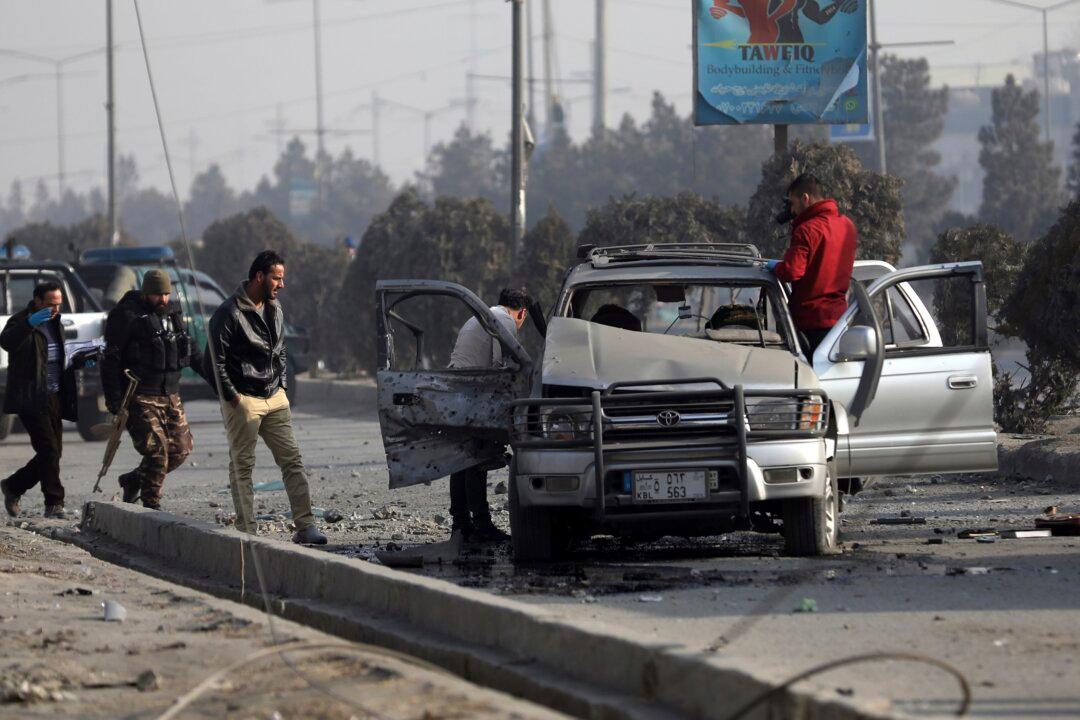Actions by the Taliban could mean the United States doesn’t complete a full withdrawn from Afghanistan as laid out in a peace deal, a top U.S. military official said Monday.
“Frankly, I remain concerned about the actions that the Taliban has taken up until this point,” Frank McKenzie, the U.S. Central Command chief, said during a virtual event put on by the Middle East Institute.





